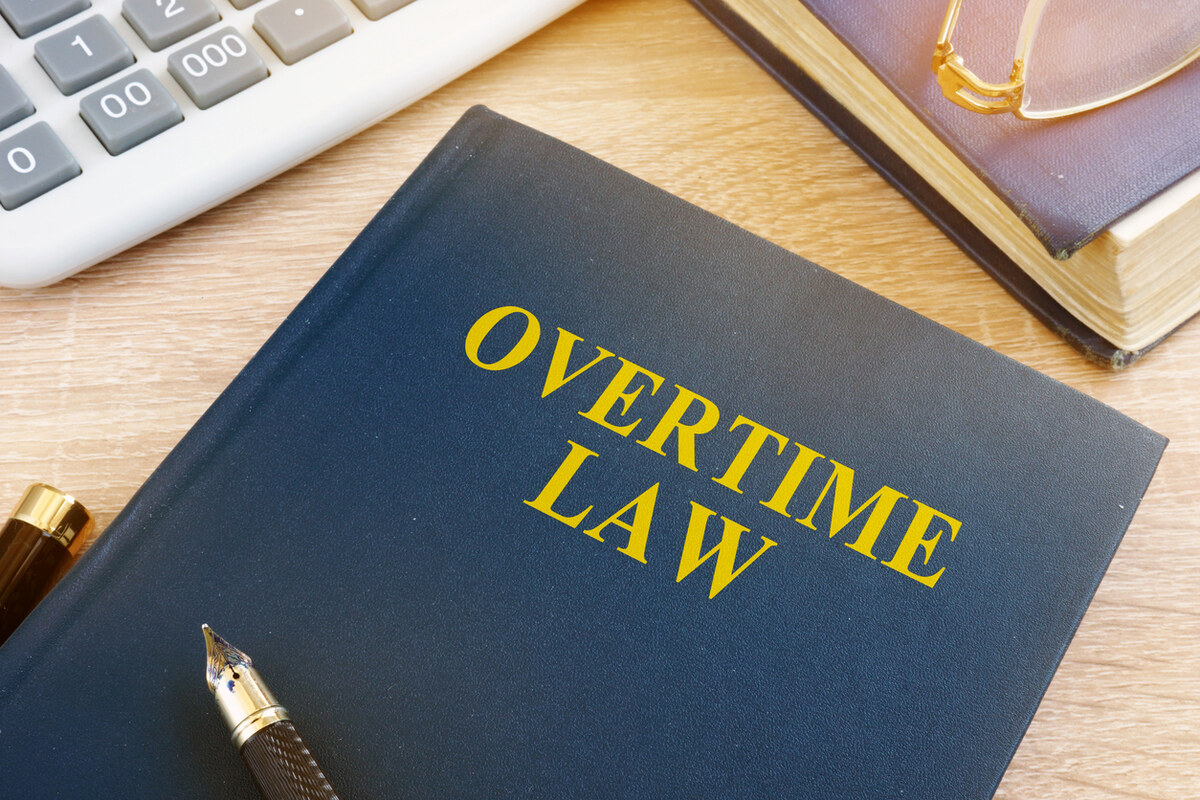California Labor Law Breach of Contract: "I'm Not the Only One"

"I was the chief lending officer at a nationally chartered commercial bank," says Paul. "Part of my compensation included bonuses and a non-funded profit sharing account. I worked at this bank for just over nine years and received all my bonuses but nothing from the profit-sharing account."
Paul's employment contract states that this account (he is owed over $1 million) would be paid no later than 60 days after his termination date. "My immediate supervisor assured me at the time of my resignation that the owner of the bank said I had nothing to worry about, relative to payment of the profit-sharing account," says Paul. "Then my boss gave me a letter indicating they couldn't pay me (which was not true??"they did have the cash resources at that time) and that I would be paid when they raised additional capital."
Paul didn't take action right away, assuming correctly that it would set the alarm button and negatively impact the bank's capital raising. "The bank was ultimately not successful and was taken over by the FDIC in October 2009--at that point I sought legal counsel."
Paul says he resigned because he couldn't assess the likelihood of the bank's survival??"it had invested heavily in Fannie Mae and Freddie Mac. "If the bank wasn't going to survive, I would wind up with nothing, not even my bonuses; however, my resignation letter made it clear that I was grateful for the time there and for the opportunity and it was one of the most difficult decisions I ever had to make. And I know many others made this same decision…
"But the bank wasn't happy with my resignation, which I learned after I left. Within 30 days of my departure, a co-worker told me, 'when word gets out as to why Paul left, he will likely have great difficulty obtaining a job in this industry again.' My boss was pissed off because I built this franchise from scratch and if I am leaving, there must be real problems here. Not only did it make him look bad, he was one of the principals responsible for the investment that took the bank down."
(Paul's former employer may be in violation of another California labor law: California Labor Code Section 970 refers to misrepresentations by an employer to prevent a former employee from obtaining new employment.)
"My attorney is sure that I will be granted the award in arbitration and it will be affirmed as a judgment," says Paul. "There is no way of determining whether I will actually receive payment. The bank's holding company is not bankrupt but they have larger obligations so I have to get to the back of the line.
"My job prospects don't look good: the banking industry in the US is dismal, as everyone knows. I still believe I did the right thing by resigning but I also believe my decision alternatives were taken away from me. Any sensible, thoughtful person would do the same thing. From the owner's perspective I am in the wrong, but the owner put me in this position. I could have stayed and lost everything??"instead I made the decision to preserve what I built in nine plus years.
"I believe that the California labor board can take action against the company. My attorney and I have filed a complaint with the board. It has only been 30 days, so I am hopeful that they take action and some portion of the monies due to me will take priority over their other clients."











No Comments